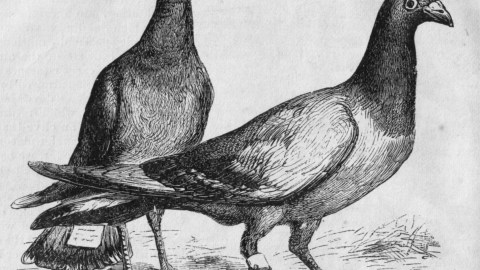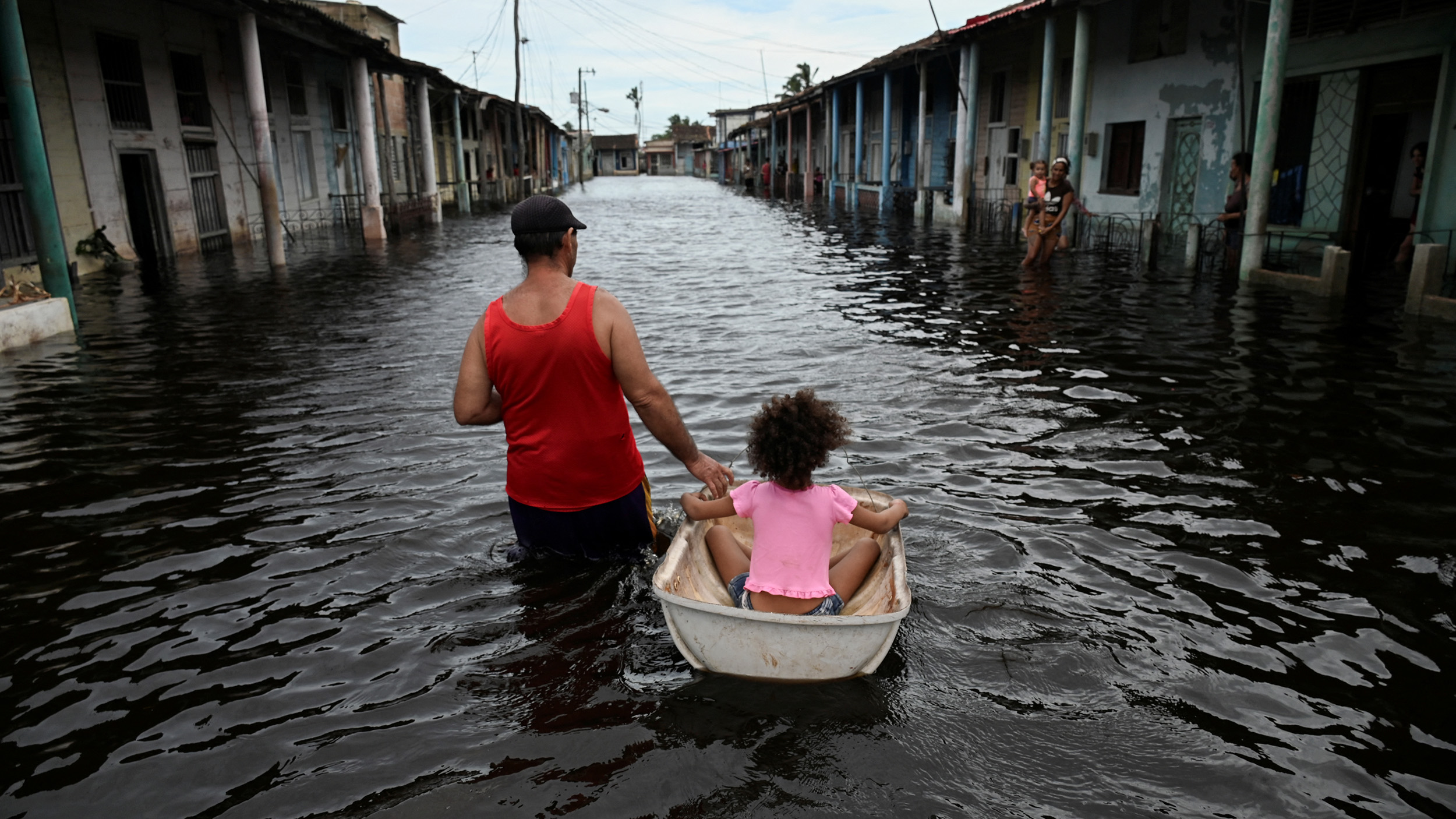In Africa, a Pigeon Takes on the Internet

The promise of broadband Internet in Africa just took an ugly publicity hit—from a pigeon. The BBC reports that a carrier pigeon was able to deliver four gigabytes of data (in the form of a memory stick) from Howick to Durban, South Africa in significantly less time than the ASDL service of the South African web firm Telkom took to transfer the data digitally. Many South Africans reported on and discussed the race over Facebook and Twitter, in a sign that—even though there is a long way to go—the Internet is already taking hold on the continent despite its slow speed. In fact, some of the most significant vehicles through which the Internet is improving lives in Africa require little data and are effective even over very slow broadband connections.
Alec Ross of the United States State Department talked to us in detail about how exactly the Internet, especially social media, is changing lives in developing countries: it is spreading important medical information, educating farmers about crop conditions, and even protecting vulnerable women from violence and rape. However slow the Internet is, a huge percentage of those in the developing world have come to rely on on it.
Jonathan Zittrain, the co-director of Harvard’s Berkman Center for Internet & Society, looked at technology in Africa through the lens of the One Laptop Per Child Program. He appreciated the utility of existing “sterile” technologies like Twitter, but was even more excited about the potential of “one nerd out of 2,000” in a developing country to create something using Internet technology that revolutionizes lives.





